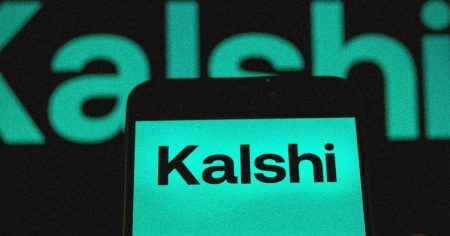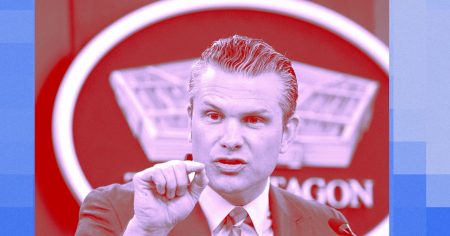Eric Miquelon is President of Avanade North America.
Today’s top businesses are delivering better customer experiences than ever. But many employers still lag behind when it comes to their own people.
That, however, is about to change.
Today top companies are using AI to supercharge their workforces. By automating routine, mechanical tasks, they are freeing their employees to focus on the most creative and social aspects of their jobs: the things that we humans are really, really good at (and, critically, the things we enjoy doing most).
Beyond automating rote tasks, these businesses are integrating AI into workflows. By augmenting their talents and skill sets, AI can enable team members to complete assignments in less time, make fewer errors, be more creative and focus on delivering better customer experiences.
For example, marketers can use AI to generate custom content for a broad spectrum of personas, driving engagement. Digital artists and graphic designers can wield AI-driven tools to accelerate the creative process and increase output. Retailers, meanwhile, can tap into the power of AI to put useful, context-relevant information in the hands of store associates, transforming employees into knowledge experts and, in turn, creating richer customer experiences.
In addition to automating tasks and augmenting capabilities, there’s a third way that AI is impacting employees, in what I believe is one of the most important, if overlooked, uses of AI: making workplaces (and work) more attractive and rewarding. The technology that is reshaping customer experiences can also help us deliver great employee experiences—experiences that build loyalty, drive engagement and keep team members coming back for more.
AI Can Help Us Deliver Personal, Meaningful Employee Experiences
AI and other emerging technologies make it increasingly feasible for companies to design highly personalized employee experiences – and deliver them at scale. For instance, AI can help employers become better at listening to their own employees. Great experiences are rooted in a deep understanding of one’s audience; AI helps businesses understand what their people want and need like never before, and take action accordingly.
That can mean analyzing and communicating existing data in novel ways. Businesses have long used pulse surveys to capture employee sentiment. These surveys often contain valuable data—data that humans would normally miss. An algorithm can search datasets for new patterns, extract insights and (using generative AI) communicate findings to management in clear, plain language. AI can also scan verbatim feedback responses to aggregate top word/phrase usage and glean insights on common employee concerns or questions.
Not bad. But for me, the most exciting applications of AI are those that capture employee sentiment in ways we humans never could.
AI empowers us to gain insights at the level of the individual, giving management the data they need to make deeply context-relevant decisions. For example, AI could monitor an employee’s individual career journey as it happens. By comparing their markers with historical data, the algorithm could make recommendations for management that maximize the employee’s satisfaction, motivation and likelihood of retention. It could create a career experience that is truly tailored to the individual.
Of course, we still need good managers to interpret these insights, make decisions and lead teams. However, AI could equip team leaders with the data they need to deliver the optimal experience for each employee.
As businesses compete for top talent, employees are quickly becoming the “new” customers. Just as AI is empowering workers to do their jobs better, it’s also empowering companies to make these jobs more desirable and career journeys more personal.
If you want to hold onto your best employees, attract high-quality talent and improve workplace satisfaction, it’s no longer enough to offer a job. You have to sell them on the experience of working for you.
Key Takeaways For Business Leaders
• Companies are defined by their customer experiences, and customer experiences are largely driven by workplace experiences.
• AI can supercharge your workforce, enabling employees to complete assignments in less time, make fewer errors, be more creative and deliver amazing customer experiences at scale.
• In addition to supercharging your employees’ talents and skill sets, organizations can use AI to create workplace experiences that help attract, develop and retain talent. For example, AI-powered tools could monitor an employee’s career journey and provide their manager with recommended action items at pivotal moments, increasing the likelihood of retention and satisfaction.
• When your workforce is healthy, happy and motivated, they will deliver better customer experiences.
• The key to growing and optimizing your workforce is to think of your employees as customers—and strive to deliver employee experiences that build loyalty, drive engagement and keep them coming back for more.
Forbes Business Council is the foremost growth and networking organization for business owners and leaders. Do I qualify?
Read the full article here










